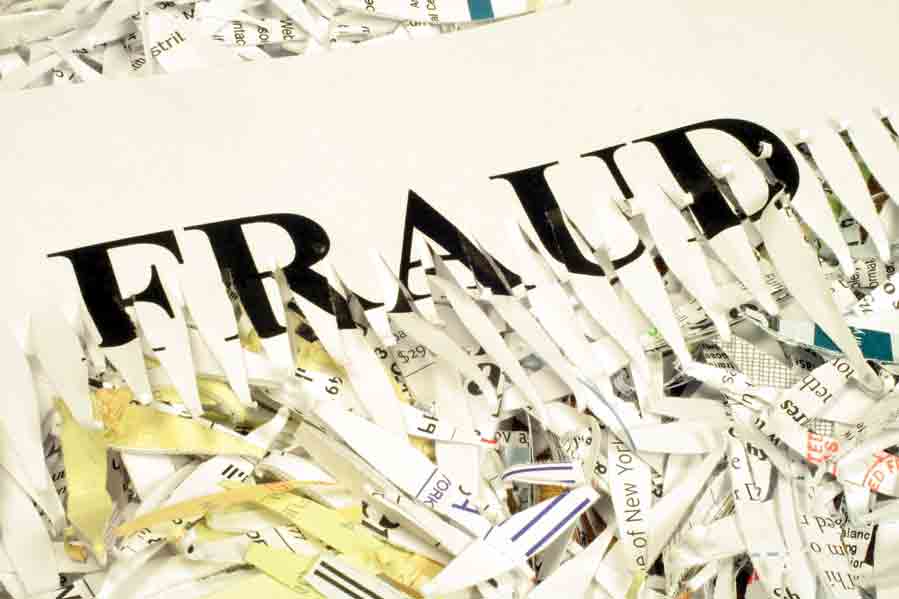Credit Cards & Loans
Third of consumers vulnerable to fraud: top tips to protect yourself online

Nearly a third of consumers feel vulnerable to fraud because they are unsure about when it is and isn’t safe to share their bank details online.
In a survey conducted by YouGov for credit agency Equifax, 30% of people said they were uncertain about when it’s safe to disclose personal banking details, and 22% considered their personal or work email a secure place to share their financial information.
Over a fifth of the 2,120 surveyed – 22% – said they’d share their bank/credit card account PIN with a friend or family member, bank representative, when requested by an online store or when prompted by an email from their bank.
Almost half, 44% of consumers believe their bank or card provider would reimburse them if they were tricked into giving out personal bank details which were subsequently used for fraud.
However, banks don’t guarantee compensation if fraudsters access personal information because of perceived negligent behaviour on the part of the customer.
Significant knowledge gap
John Marsden, fraud and identity expert at Equifax said: “There is a significant knowledge gap among consumers in terms of identifying safe places to share confidential information such as your bank account number, sort code and even date of birth. As consumers seek the convenience and speed offered by digital correspondence, they expose themselves to fraudsters who are discovering new ways to obtain information and use it to financially exploit individuals.
“Consumers are particularly unaware of the value of basic personal details to fraudsters; a name, address and date of birth is enough for a fraudster to steal an identity and apply for a loan or credit card.”
Top tips to help avoid fraud
Marsden said more needs to be done to educate people so they have a stronger chance of protecting themselves from the growing threat of fraudulent activity. Here are five of his top tips to help consumers avoid fraud:
- Don’t do your banking in public places and definitely not on public Wi-Fi (establishing bogus public Wi-Fi hotspots is a way for criminals to access devices and information).
- Never respond to unprompted banking messages unless you are absolutely certain the request is genuine.
- Be very aware of the domain names used and the security signs visible in a browser. Make sure you log on to a banking website at a web address you know, not via a link.
- Never provide any banking details to a third party you don’t know or are unsure about.
- Avoid unnecessarily sharing details such as your name, address and date of birth as fraudsters can exploit this information and steal your identity.